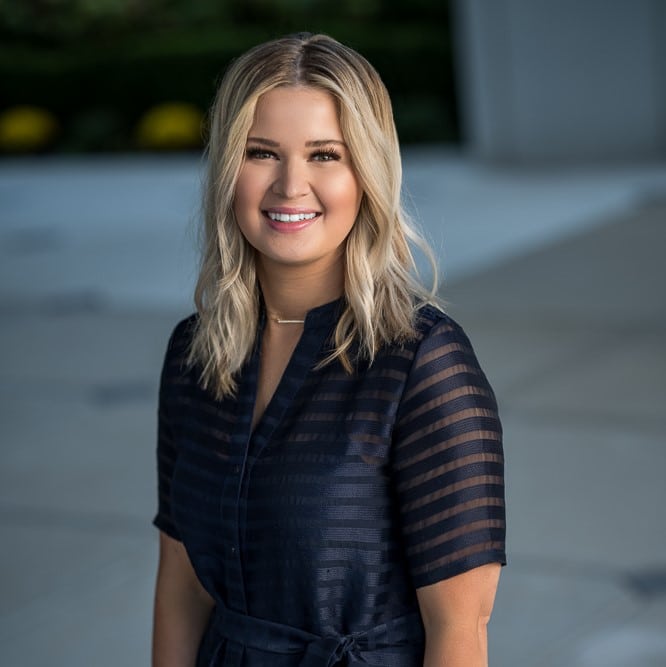Regular check-ups are a part of life. Your health, your car, and even things like your furnace are checked out annually, if not more frequently. Yet when it comes to life insurance, you may think that policy you purchased many years ago is fine just sitting in a drawer. There are several reasons that this is a dangerous practice, because just like the things I listed above, your policy may be in need of a tune-up, repair or even replacement. If neglected, there’s a good chance you may outlive your life insurance.
Types of Life Insurance Policies
In general, there are two common types of life insurance policies:
- Term Life Insurance – these policies provide protection for a limited time period only and are typically appropriate for younger individuals or short-term needs. They tend to be less expensive than other types of life insurance and are generally intended to cover immediate expenses and replace income if one spouse or member of the household dies unexpectedly.
- Permanent Life Insurance – there are many types of policies that fall under this category, including Whole Life, Universal Life and Annuities. They’re more expensive than term life policies and most are designed to have a cash accumulation feature based on the premiums you pay. These fill longer-term obligations or in some cases, can be used as a supplemental source of retirement income.
Why Your Insurance May Not Outlive You
The whole objective of life insurance is to make it outlive you. You’re typically buying it to leave something for your heirs or make sure your family is taken care of after you’ve passed on. What most investors fail to realize is that there are many things that could cause your policy to lapse or decrease in value. Here are some things to consider:
- Solvency Age – in the past, investors would only solve to age 90 or 95. Today, it’s imperative to solve to age 120 when designing a policy. This will help ensure that your insurance will outlive you.
- Interest Rates – the money you put into your policy via your premiums covers the plan fees plus the cost of insurance and the rest is reinvested. However, when interest rates are low, like they are in today’s market and will likely be for the foreseeable future, the dividend or interest credits go down. Many policies that are 10+ years old were sold assuming a much higher rate of return, which is not what they have experienced over the last decade or more.
- Changing Cost of Your Policy – from time to time, the insurance company can adjust the cost of your insurance within legal bounds of the contract. They sometimes send a letter to notify the policyholder, but many people don’t understand the impact on the longevity of their policy. When the cost rises, that could mean the amount of your premium being reinvested goes down, thus causing the cash value to drop, requiring higher future premiums to offset these expenses.
- Paying Your Premium from Your Cash Value – many permanent policies are designed with a flexible premium feature. This is great for years where income is thin or you do not have the funds available to pay your premium. We find that people often use this feature much to their disadvantage or never catch up with the missed premium payments the policy design originally intended to include. This could result in the policy being underfunded and potentially lapsing or needing a large injection of cash.
The Annual Checkup
Your life insurance should be a logical and integrated piece of your overall financial plan. As such, it’s wise to monitor it, just as you do the investments in your portfolio, to ensure that it’s still healthy and working for you. Work with a professional who is involved in managing your plan and knows how each policy functions as a part of that plan. We’ll review several things:
- Immediate Needs: If something were to happen to you tomorrow, what money is needed to cover the adjustment period (typically 1-2 years), immediate expenses and replacement of income to support the remaining family members?
- Long-Term Estate Planning: Is your plan set up appropriately for your beneficiaries and are you planning correctly for estate taxes? Keep in mind that life insurance proceeds often are the most cost-effective and liquid means to settle any estate taxes, which at 40% can take a heavy toll on the wealth you have built.
- Irrevocable Life Insurance Trust: If there is a trust in place, the trustee is liable for making sure the policy doesn’t lapse and performs appropriately. An annual review will help to ensure that the trustee is fulfilling his or her legal responsibilities.
- Your Overall Plan: Do the insurance policies you hold make sense for your overall financial plan today? There are no right and wrong answers. That’s why an annual review of your specific situation is so important.
Don’t outlive your life insurance. Make it a regular part of assessing your financial picture to determine if you have the right kind of policies that are healthy, performing to your expectations, funded properly and appropriate for your needs. An advisor can help you with this and perform an in force illustration of your policies to assess results to-date and anticipated projections to determine if adjustments or replacement of the policy might be needed. If neglected, your goals for those policies may remain unrealized and the money you’ve invested may not be there for your heirs.
Investment Advisory Services offered through Krilogy Financial®, an SEC Registered Investment Advisor.
Krilogy Financial® does not provide tax, legal or accounting advice. This material has been prepared for informational purposes only, and is not intended to provide, and should not be relied on for, tax, legal or accounting advice. You should consult your own tax, legal and accounting advisors before engaging in any transaction.



















